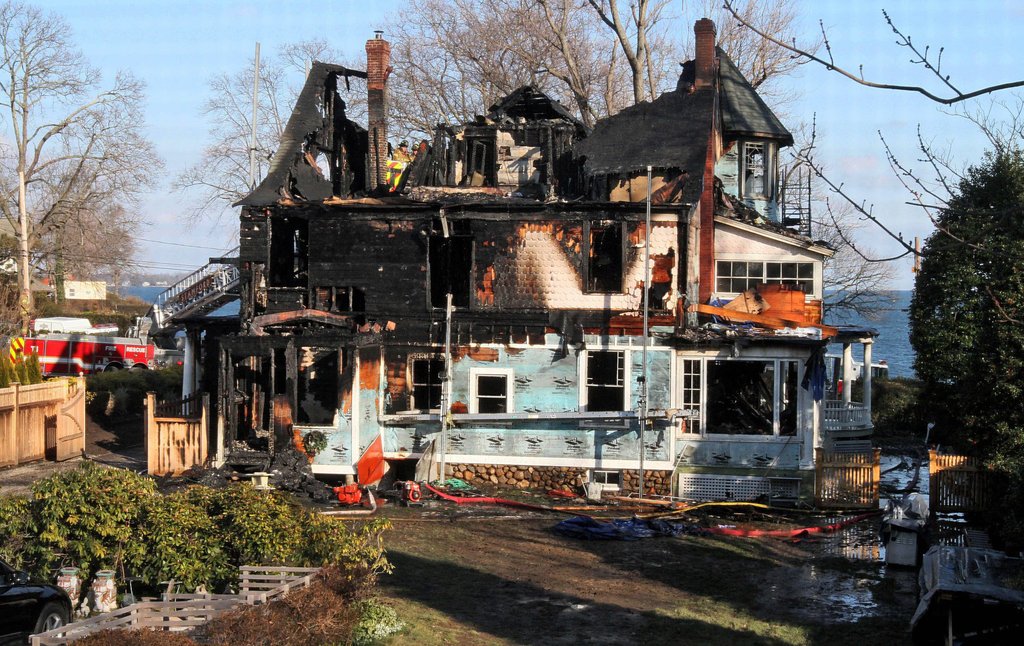
Keep Your Engine Properly Tuned
Vehicle engine diagramFixing a car that is noticeably out of tune or has failed an emissions test can improve its gas mileage by an average of 4 percent, though results vary based on the kind of repair and how well it is done.
Fixing a serious maintenance problem, such as a faulty oxygen sensor, can improve your mileage by as much as 40 percent.
Fuel Economy Benefit:
4%
Equivalent Gasoline Savings:
$0.16/gallon
Check & Replace Air Filters Regularly
Replacing a clogged air filter can improve your car's gas mileage by as much as 10 percent. Your car's air filter keeps impurities from damaging the inside of your engine. Not only will replacing a dirty air filter save gas, it will protect your engine.
Fuel Economy Benefit:
up to 10%
Equivalent Gasoline Savings:
up to $0.41/gallon
Keep Tires Properly Inflated
Sample tire pressure label You can improve your gas mileage by around 3.3 percent by keeping your tires inflated to the proper pressure. Under-inflated tires can lower gas mileage by 0.4 percent for every 1 psi drop in pressure of all four tires. Properly inflated tires are safer and last longer.
Fuel Economy Benefit:
up to 3%
Equivalent Gasoline Savings:
up to $0.12/gallon
Use the Recommended Grade of Motor Oil
API energy conservation labelYou can improve your gas mileage by 1-2 percent by using the manufacturer's recommended grade of motor oil. For example, using 10W-30 motor oil in an engine designed to use 5W-30 can lower your gas mileage by 1-2 percent. Using 5W-30 in an engine designed for 5W-20 can lower your gas mileage by 1-1.5 percent. Also, look for motor oil that says "Energy Conserving" on the API performance symbol to be sure it contains friction-reducing additives.
Fuel Economy Benefit:
1-2%
Equivalent Gasoline Savings:
$0.04-$0.08/gallon
Buy an Efficient Vehicle
Buying an efficient vehicle is the most important fuel economy decision you can make. The difference between a car that gets 20 MPG and one that gets 30 MPG amounts to $1,020 per year (assuming 15,000 miles of driving annually and a fuel cost of $4.08). That's $5,100 extra in fuel costs over five years!
 Print
Print Email
Email







